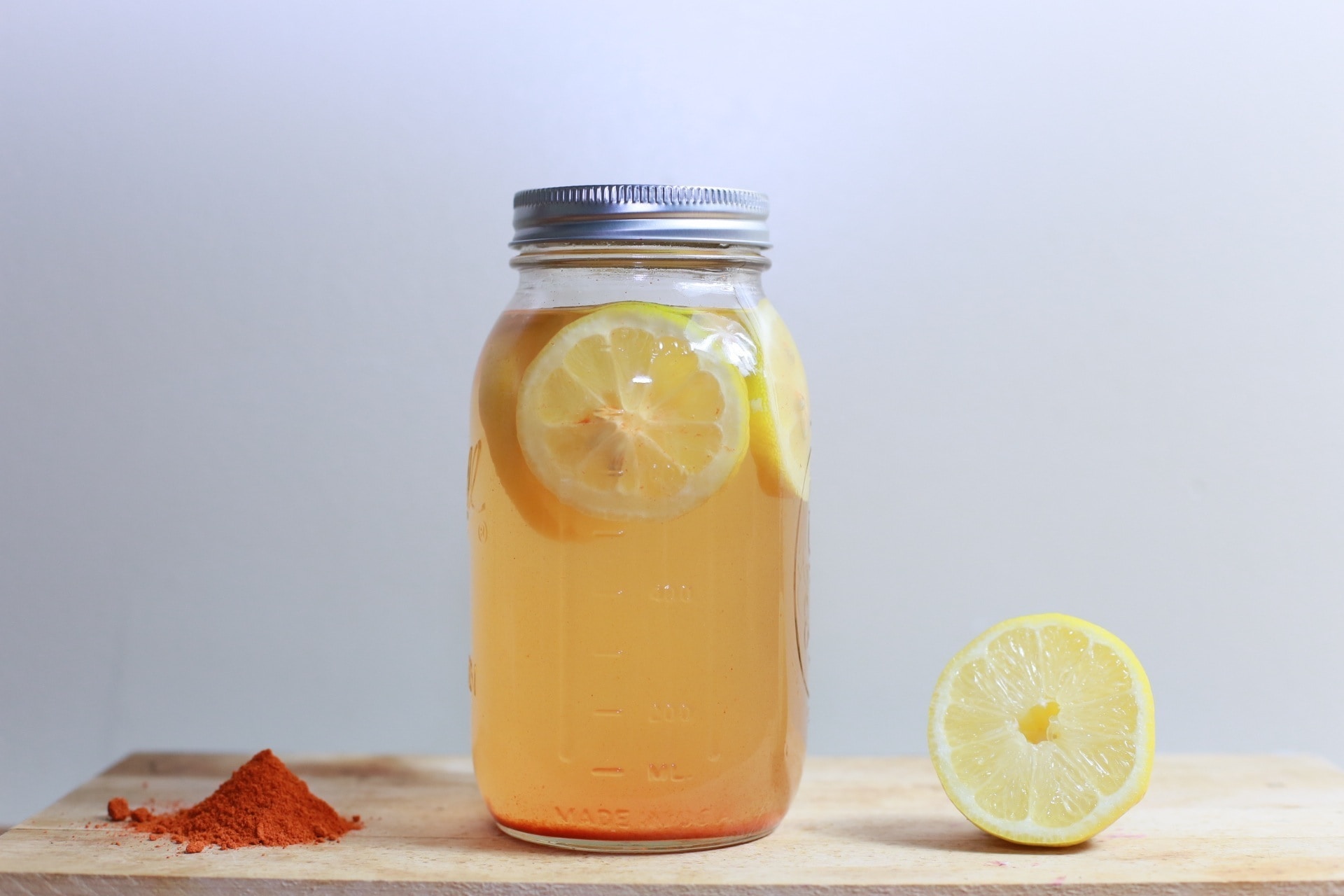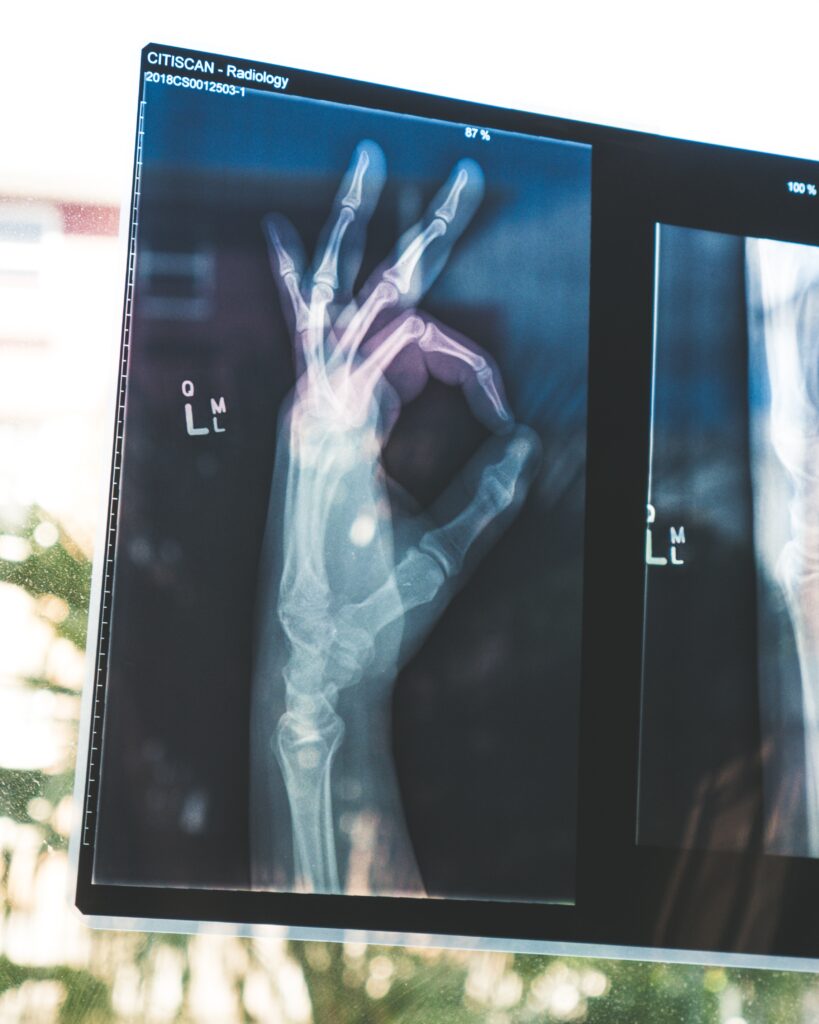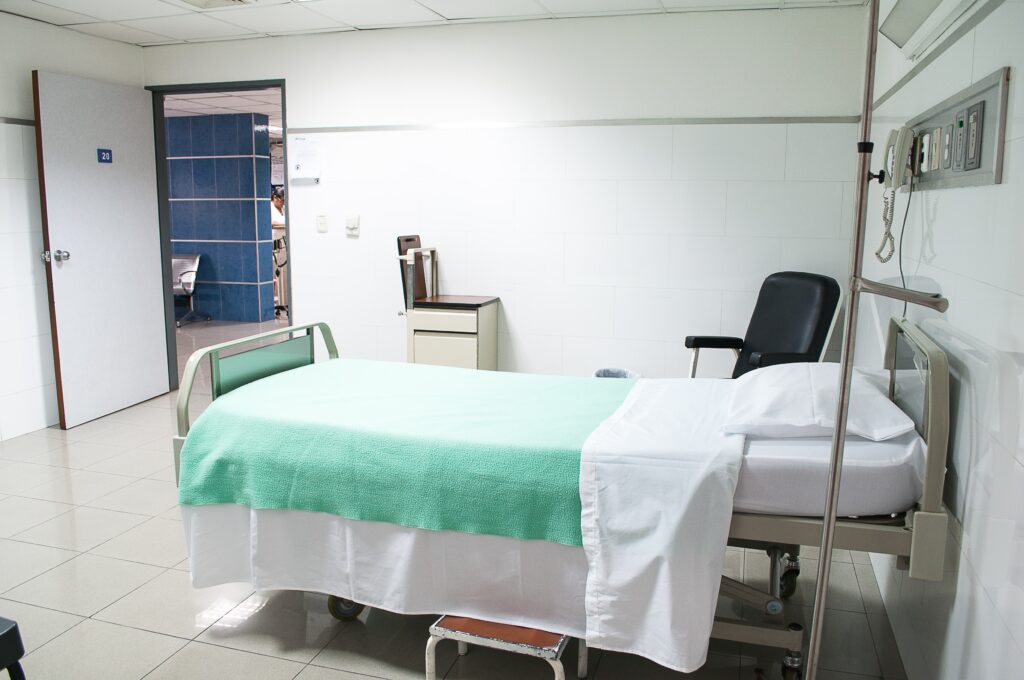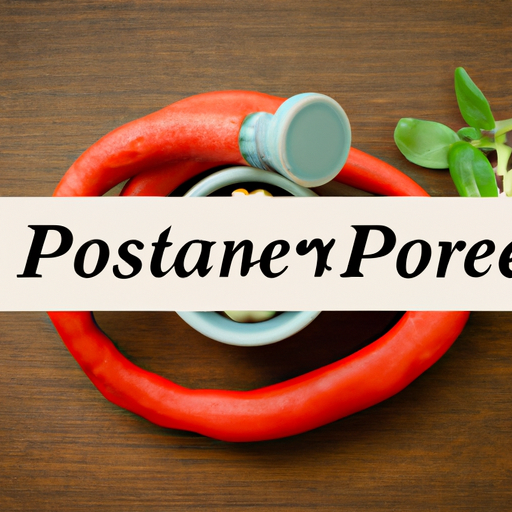
If you’re looking for effective and natural ways to alleviate the symptoms of an enlarged prostate, look no further. This article brings you 10 tried and tested remedies that can help improve your prostate health without resorting to invasive procedures or medications. Along with these remedies, we’ll also provide you with some lifestyle tips that can support your journey towards a healthier prostate. Whether you’re seeking relief from frequent urination or looking to prevent further prostate issues, this article has got you covered. Say goodbye to discomfort and hello to a happier, healthier prostate.

This image is property of images.unsplash.com.
What is an Enlarged Prostate?
An enlarged prostate, also known as benign prostatic hyperplasia (BPH), is a condition that affects many men as they age. The prostate gland, which is located just below the bladder, surrounds the urethra and plays a crucial role in the male reproductive system. As men get older, the prostate gland can start to grow in size, leading to various urinary symptoms.
Symptoms of Enlarged Prostate
The symptoms of an enlarged prostate can vary from person to person, but some common signs to watch out for include:
- Frequent urination, especially at night
- Weak urine flow or difficulty starting and stopping
- Feeling like your bladder is never fully empty
- Urinary urgency and the need to urinate immediately
- Straining to urinate
- Dribbling at the end of urination
- Incomplete emptying of the bladder
- Urinary tract infections
If you are experiencing any of these symptoms, it is important to see a healthcare professional for a proper diagnosis.
Diagnosis of Enlarged Prostate
To diagnose an enlarged prostate, your doctor will typically perform a physical examination, including a digital rectal exam (DRE) to check the size and condition of your prostate gland. They may also recommend additional tests such as a urine flow test or a prostate-specific antigen (PSA) blood test to rule out other potential causes of your symptoms.
Once the diagnosis is confirmed, your doctor will discuss treatment options with you. While there are medications and surgical interventions available, many men prefer to explore natural remedies and lifestyle modifications before considering more invasive measures.
1. Lifestyle Changes
Making certain lifestyle changes can significantly improve your symptoms and overall prostate health. Here are some tips to consider:
Maintain a Healthy Weight
Carrying excess weight can put additional strain on your prostate gland, exacerbating urinary symptoms. Aim to maintain a healthy weight through regular exercise and a balanced diet.
Exercise Regularly
Engaging in regular physical activity has numerous health benefits, including improved prostate health. Incorporate aerobic exercises, such as walking, running, or swimming, into your routine to reduce your risk of prostate problems.
Manage Stress
Stress can have a detrimental impact on your prostate health. Find healthy ways to manage stress, such as practicing relaxation techniques, engaging in hobbies, or seeking support from friends and family.
Limit Fluid Intake before Bedtime
To minimize nighttime trips to the bathroom, it is advisable to limit your fluid intake a few hours before bedtime. This can help prevent disruptive sleep and decrease urinary urgency at night.

This image is property of images.unsplash.com.
2. Dietary Modifications
Your diet plays a vital role in maintaining prostate health. Making the following dietary modifications can alleviate symptoms of an enlarged prostate:
Increase Fiber Intake
A diet high in fiber has been associated with a reduced risk of prostate problems. Include foods such as fruits, vegetables, whole grains, and legumes in your diet to increase your fiber intake.
Consume Healthy Fats
Focus on consuming healthy fats, such as those found in avocados, nuts, seeds, and fatty fish like salmon. These fats promote overall prostate health and have anti-inflammatory properties.
Avoid Bladder Irritants
Certain foods and beverages can irritate the bladder and exacerbate urinary symptoms. Limit or avoid consumption of caffeine, alcohol, spicy foods, and acidic foods like citrus fruits to minimize these effects.
3. Saw Palmetto
Saw palmetto is a popular herbal remedy that has been used for centuries to treat urinary symptoms associated with an enlarged prostate. Here’s what you need to know about this natural remedy:
What is Saw Palmetto?
Saw palmetto is a small palm-like plant native to the southeastern United States. Its ripe fruit is rich in fatty acids and phytosterols, which are believed to have beneficial effects on prostate health.
Potential Benefits
Research suggests that saw palmetto may help reduce urinary symptoms associated with BPH, such as frequent urination and weak urine flow. It may also help improve overall prostate health and promote better urinary function.
Dosage and Usage
Saw palmetto is available in various forms, including capsules, tablets, and liquid extracts. The recommended dosage typically varies between 160 to 320 milligrams per day. However, it is essential to consult with a healthcare professional before starting any herbal supplements to determine the appropriate dosage and ensure it does not interfere with any other medications you may be taking.

This image is property of images.unsplash.com.
4. Stinging Nettle
Stinging nettle is another herbal remedy that has been traditionally used to relieve urinary symptoms associated with an enlarged prostate. Let’s explore its potential benefits:
What is Stinging Nettle?
Stinging nettle, scientifically known as Urtica dioica, is a plant with leaves and stems covered in tiny hairs that can cause a stinging sensation upon contact. It is rich in various nutrients and bioactive compounds that contribute to its therapeutic properties.
Potential Benefits
Studies have suggested that stinging nettle may help improve urinary symptoms, such as increased urine flow and reduced nighttime urination. It is believed to work by inhibiting the conversion of testosterone into dihydrotestosterone (DHT), which is involved in the development of BPH.
Dosage and Usage
Stinging nettle is available in different forms, including dried leaves, capsules, teas, and extracts. The recommended dosage varies, but generally, a dose of 120 to 360 milligrams per day is considered safe. As always, consult with your healthcare provider to determine the right dosage for you.
5. Pygeum
Pygeum, also known as Pygeum africanum, is a herbal remedy extracted from the bark of the African cherry tree. It has been used traditionally to treat urinary problems and improve prostate health. Let’s delve into its potential benefits:
What is Pygeum?
Pygeum is a tree that is native to Africa. The extract derived from its bark contains various bioactive compounds, including phytosterols and fatty acids, which are believed to have medicinal properties.
Potential Benefits
Research suggests that pygeum may help improve urinary symptoms, such as decreased urine flow and frequent urination. It is thought to work by reducing inflammation in the prostate and inhibiting the growth of prostate cells.
Dosage and Usage
Pygeum is available in different forms, including capsules and extracts. The recommended dosage typically ranges from 50 to 200 milligrams per day, taken in divided doses. However, it is crucial to consult with a healthcare professional before starting any supplements to determine the appropriate dosage and ensure its safety for you.

6. Beta-Sitosterol
Beta-sitosterol is a plant sterol commonly found in various fruits, vegetables, nuts, and seeds. It has gained attention as a potential natural remedy for an enlarged prostate. Here’s what you need to know:
What is Beta-Sitosterol?
Beta-sitosterol is a natural compound that belongs to the group of phytosterols. It is structurally similar to cholesterol and is found in many plant-based foods.
Potential Benefits
Studies have suggested that beta-sitosterol may help reduce urinary symptoms associated with BPH, including improved urine flow and decreased residual urine volume. It is believed to work by inhibiting the production of DHT and reducing inflammation in the prostate.
Dosage and Usage
Beta-sitosterol is available in supplement form, typically marketed as a standalone product or as part of a prostate health formula. The recommended dosage varies, but a typical dose ranges from 60 to 130 milligrams per day. As with any supplement, it is advisable to consult with a healthcare professional before starting beta-sitosterol to ensure it is safe and appropriate for you.
10. Kegel Exercises
Kegel exercises are often associated with women’s health, but they can also be beneficial for men with an enlarged prostate. Let’s explore how they can help:
What are Kegel Exercises?
Kegel exercises involve contracting and relaxing the muscles of the pelvic floor, which support the bladder and control urine flow. They help strengthen these muscles, leading to improved urinary control and potentially reducing urinary symptoms.
Potential Benefits
Regularly performing Kegel exercises can help strengthen the pelvic floor muscles, which may lead to better bladder control and improved urinary function. Some men have reported a reduction in urinary frequency, urgency, and leakage after incorporating these exercises into their routine.
How to Perform Kegel Exercises
To perform Kegel exercises, identify the muscles used to stop the flow of urine midstream. Once identified, contract these muscles for a few seconds, then relax for a few seconds. Gradually increase the duration and frequency of contractions as your muscles get stronger. Aim for at least three sets of 10 repetitions per day.
In conclusion, an enlarged prostate can be a bothersome condition for many men, but there are natural remedies and lifestyle modifications that can help alleviate symptoms and improve overall prostate health. By making changes to your diet, incorporating herbal remedies like saw palmetto and stinging nettle, and practicing techniques such as Kegel exercises, you can take control of your prostate health and enjoy a better quality of life. Remember to consult with a healthcare professional before starting any new treatments or supplements to ensure they are safe and suitable for you.
